Arts and Entertainment Technologies Courses: PROJECTION, LIGHTING, AND INTERACTIVITY (PLAI)
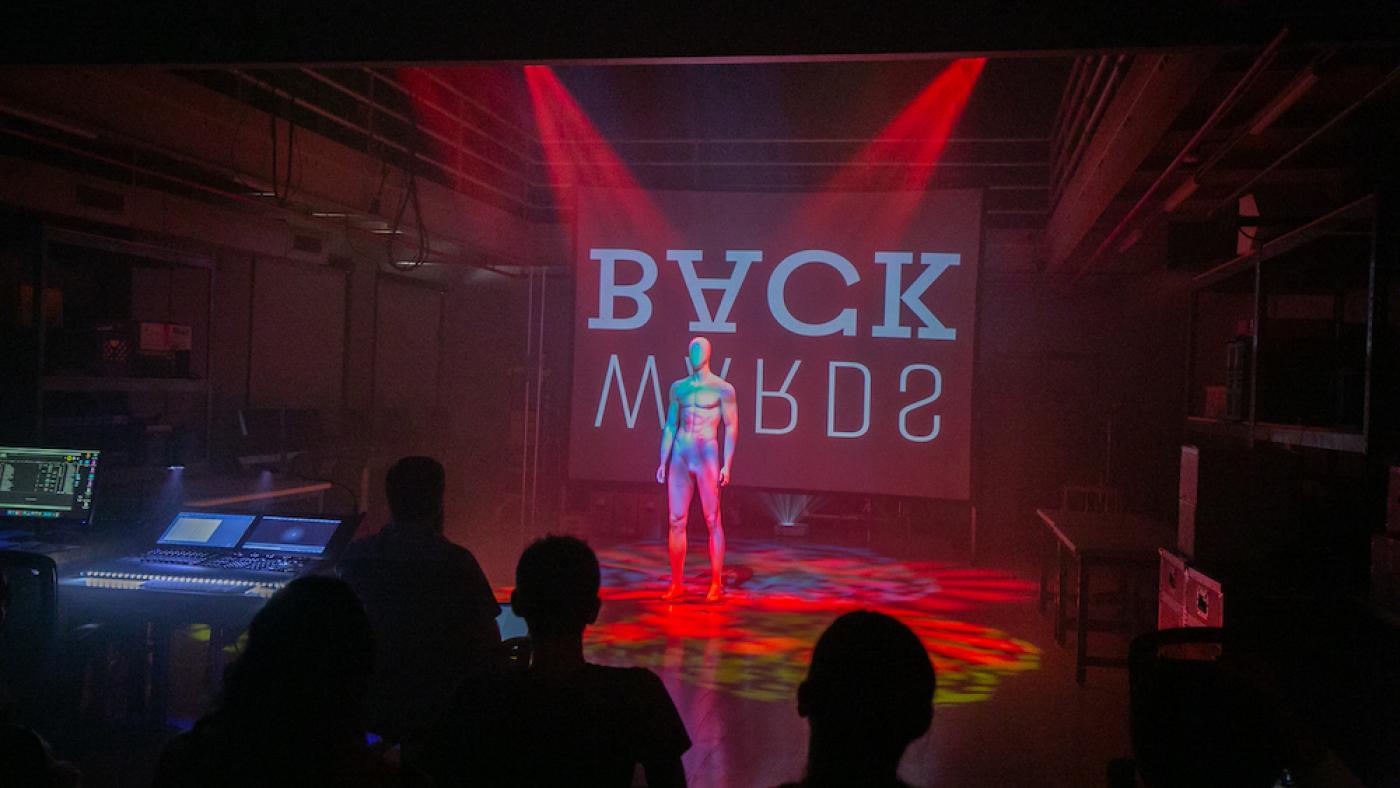
FNDTNS OF PROJ/LIGHT/INTRACTV
Smith, M
This course is a lecture / lab course designed to introduce students to the basic concepts, methods, and systems utilized in the field of Live Entertainment. The primary focus is to explore core technologies and illuminate how each area of work within projection, lighting and interactivity relates and isconnected to others. Through a mixture of lectures and lab classes the students will be introduced to the tools and techniques prevalent in four specific applications of Live Entertainment: projection, conventional & intelligent lighting, 3-D previsualization, and interactive & generative imagery.
Required Course
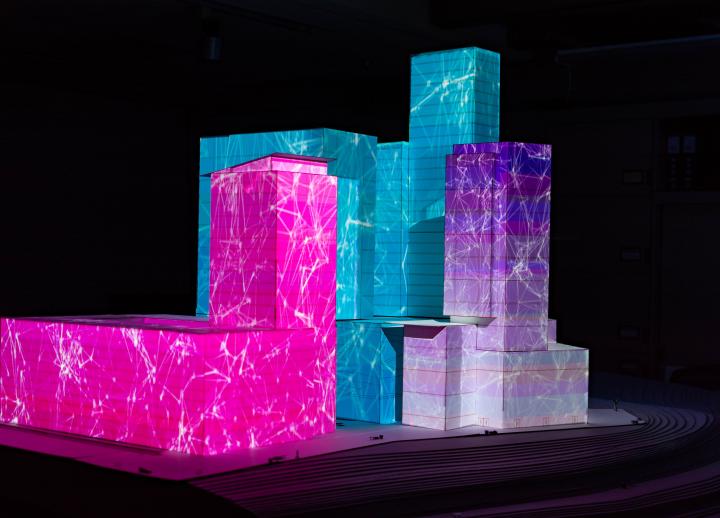
ADVANCED PRODUCTION LABORATORY
Mazique, E
This course builds student confidence in working in and around a theater as a member of a team to collaborate, problem solve, and complete tasks to meet deadlines. The class will work together to build, test, install, troubleshoot, and strike integrated media systems for departmental productions in Theatre and Dance and Arts and Entertainment Technologies. Students will learn how to identify different system components including: data cables, projectors, and video servers and how they are used.
Upper-Division
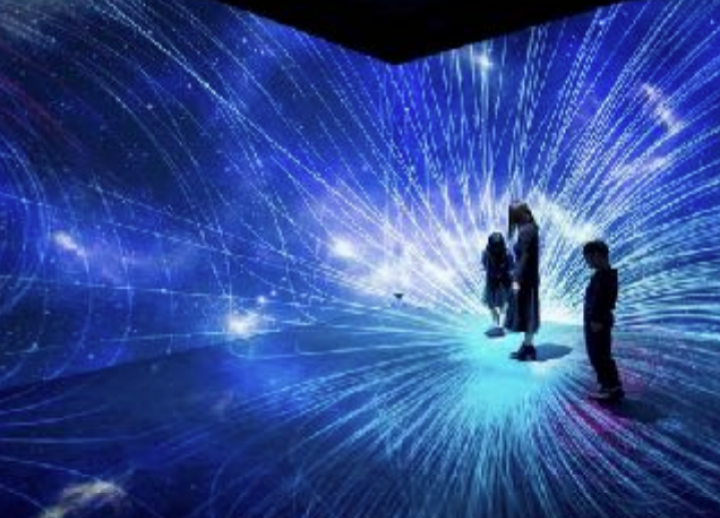
DIGITAL FABRICATION
Johnson, J
Digital Fabrication will focus on specific skills and habits of mind associated with the craft of making physical objects by way of computer aided design (CAD) and computer numeric controlled (CNC) machines. Though digital fabrication is a very broad field we will cover only: fused filament fabrication (FFF) 3D printing, laser cutting, CNC routing, and vinyl cutting. We will use these tools in a rapid and iterative process to create, evaluate, and improve upon functional objects.
Upper-Division
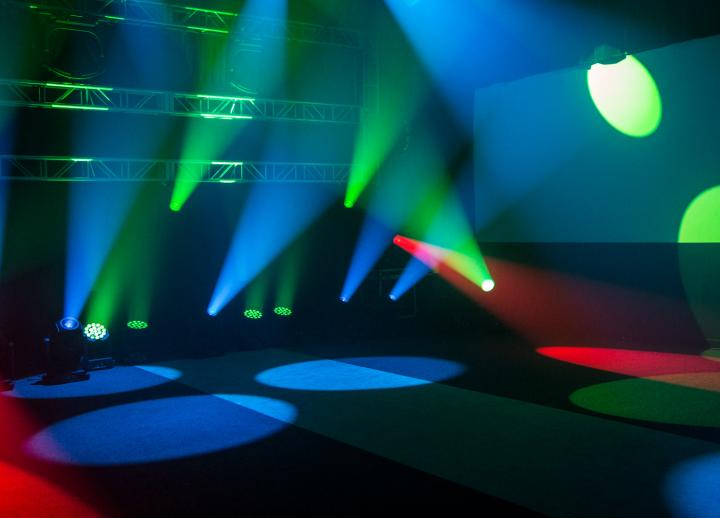
CONCERT AND EVENT LIGHTING
Smith, M
Taught by Matthew Smith, this lecture/lab course is designed to teach students advanced lighting programming techniques utilized for concert and event design. Students worked with professionals at High End Systems lighting company and created lighting design in their professional studio, as well as in the PLAI program's generous lab space.
Upper-Division
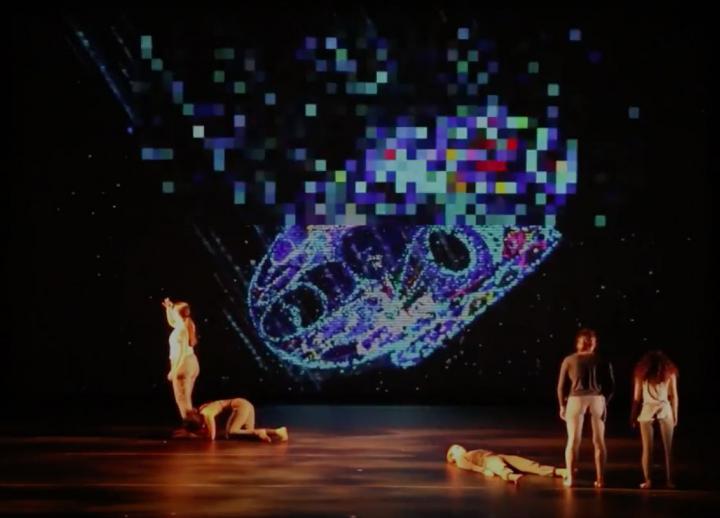
MEDIA DESIGN/TECHNOLOGY
Ortel, S
This class is part of the ongoing Integrated Media curriculum. Its goal is to deepen the knowledge in the areas of projection design processes, media creation, projection system technologies and visual storytelling. The class will require at least ten hours a week or more spent on class-related work. We will also continue our ongoing discussions and investigation into the integration of media into live performance andseek to refine our definition of “live design experience”further.
Upper-Division
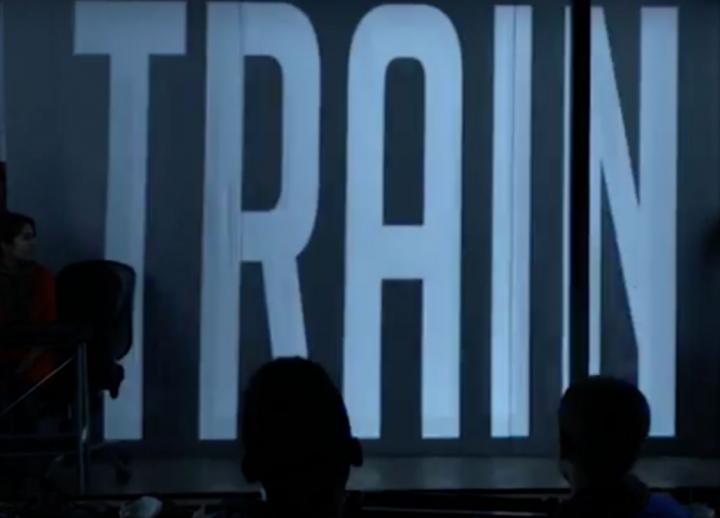
PHYSICAL COMPUTING
McKellar, M
This class will take students through the design, development and implementation of micro-controller based sensor systems. Using Arduino (Arduino.cc) as a foundation students will learn the fundamentals of human computer interaction methods ranging from correct circuitry design and voltage/current calculations through to engaging and automatic computer driven mechanics (motors, buttons, lasers, etc).
Upper-Division
